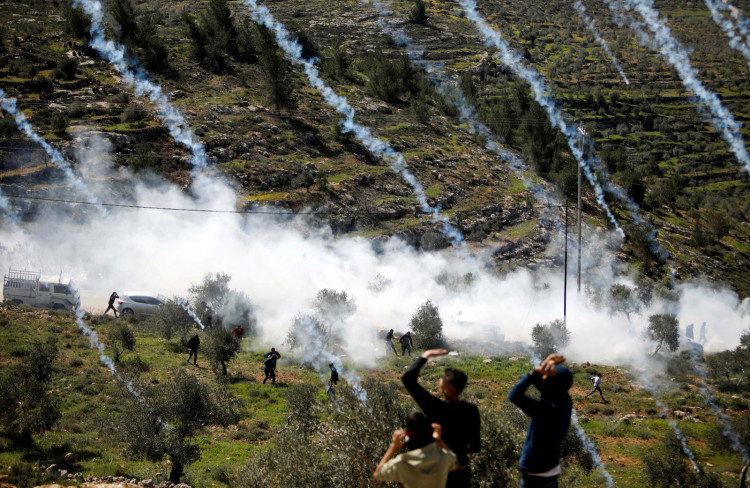In a harrowing turn of events, Israel found itself under one of the most terrifying attacks in its 75-year history. Early morning air raid sirens were just the beginning of a day that would see assailants from Hamas, the Islamist militant group controlling the Gaza Strip, unleash a barrage of violence that resulted in hundreds of casualties.
The assault was unparalleled in its ferocity and scope. Gunmen attacked from air, sea, and land, targeting civilians, taking hostages, and forcing families to seek refuge indoors. By nightfall, the death toll had risen dramatically, with hundreds killed and many more injured.
Despite Israel's reputation for having one of the world's most formidable armed forces, backed by cutting-edge technology and a top-tier intelligence agency, the nation was caught off guard. The magnitude of the attack left many questioning how a terror group from an impoverished enclave like Gaza could orchestrate such devastation.
Jonathan Conricus, a former international spokesman for the Israel Defense Forces (IDF), remarked, "The entire system failed. It's not just one component. It's the entire defense architecture that evidently failed to provide the necessary defense for Israeli civilians." He went on to describe the situation as a "Pearl Harbor-type of moment for Israel."
The IDF has been reluctant to label the events as an intelligence failure. Military spokesman Lt. Col. Richard Hecht emphasized the current focus on safeguarding civilian lives, stating that discussions about intelligence shortcomings would be addressed later.
The timing of the attacks, whether coincidental or planned, came a day after the 50-year anniversary of the Yom Kippur War in 1973, when a coalition of Arab states launched a surprise assault on Israel.
Since its withdrawal from Gaza in 2005, Israel has invested billions in border security measures to thwart attacks. These include the Iron Dome, a rocket defense system developed in collaboration with the U.S., and a state-of-the-art border system equipped with sensors and subterranean walls, completed in late 2021. However, the efficacy of these systems is now under scrutiny. As of Saturday morning, Israel reported that Hamas had launched 2,200 rockets, but did not specify how many were intercepted.
Aaron David Miller, a former State Department negotiator on Middle East issues, commented on the situation, stating, "I just don't think the Israelis saw this coming." He further noted that Israeli communities near Gaza were "obviously not adequately protected."
In response to the attacks, the IDF has initiated airstrikes targeting Hamas infrastructure in Gaza, resulting in significant casualties. Israeli Prime Minister Benjamin Netanyahu vowed a fierce retaliation, stating that Israel would "return fire of a magnitude that the enemy has not known." Maj. Gen. Ghassan Alian, the top official overseeing activities in the Palestinian territories, warned that Hamas had "opened the gates of hell."
Conricus emphasized that the gravity of Saturday's events would necessitate an unprecedented response from Israel. As the nation grapples with the aftermath of this assault, the world watches closely, awaiting the next developments in this volatile region.





